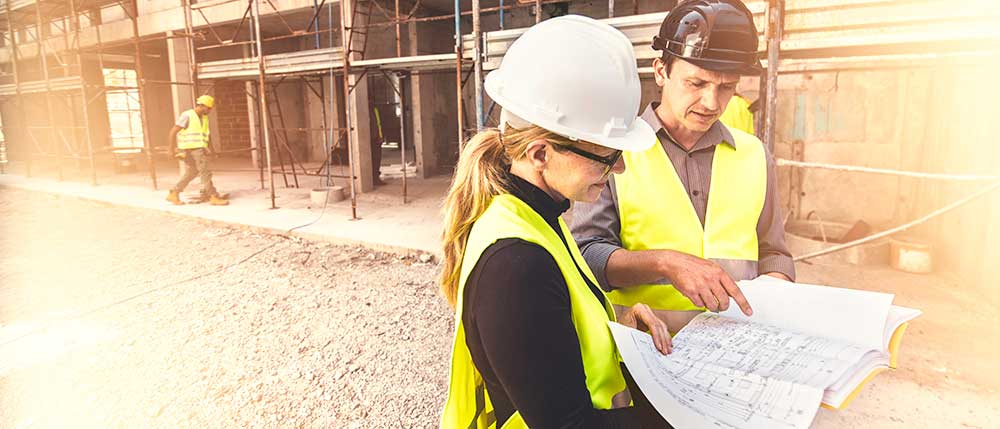
Construction Site Engineering Technician
Careers Explorer:
Overview
As a Site Engineering Technician, you will thrive off planning, organising and problem solving project work.
This role is varied from working on new housing to multi-million pound roads and railways.
Your tasks will include dimensional control of construction projects, assisting design teams, supervising specialist contractors, contributing to the control of health and safety, recording and reporting on progress, minimising the environmental impact of construction projects, and controlling the quality of work.

Top 5 Tasks
- Organise plant and site facilities to meet deadlines
- Make sure quality of health and safety on site is high
- Problem solving as issues arise
- Checking the sums are right on plans, drawings and quantities
- Supervise.
Salary
Newly trained site engineers/technicians can earn in the region of £19,000 – £25,000 and trained with experience site engineers/technicians can earn in the region of £25,000 – £35,000.
Salaries depend on location, employer and level of responsibility.
Salaries and career options also improve with chartered status.
Am I Suited?
- Leader
- Technically-minded
- Planner
- Problem-solver
- Love the outdoors
Qualifications
You need a good standard of GCSEs and A-levels (or equivalent) so you can study at degree level. You can start out without a degree or HNC/HND through a technical construction apprenticeship – or working in a position such as trainee technician while doing further study.
Employers and recruitment agencies in construction usually ask for a degree or HNC/HND in a construction-related, or construction engineering discipline. The following subjects may increase your chances:
- Civil engineering
- Structural engineering
- Building surveying
- Building engineering
- Construction studies
It’s important that your degree is accredited and meets the academic requirements of a relevant professional body. The main one in construction is the Chartered Institute of Building (CIOB), while in engineering the key professional bodies are the Institution of Civil Engineers (ICE) and the Institution of Structural Engineers (IStructE). Graduates with non-accredited or unrelated degrees must do a conversion course to upgrade their construction qualifications.
Pre-entry experience in construction or engineering is very useful and highly regarded by employers. Work experience also gives you a good understanding of the sector, the skills required and whether you’re suited to jobs in the construction industry.
There are also many postgraduate courses available in construction and engineering, designed for existing professionals in the industry. Chartered status can be acquired by registering with a professional institution such as the Chartered Institue of Building or any of those listed above.








